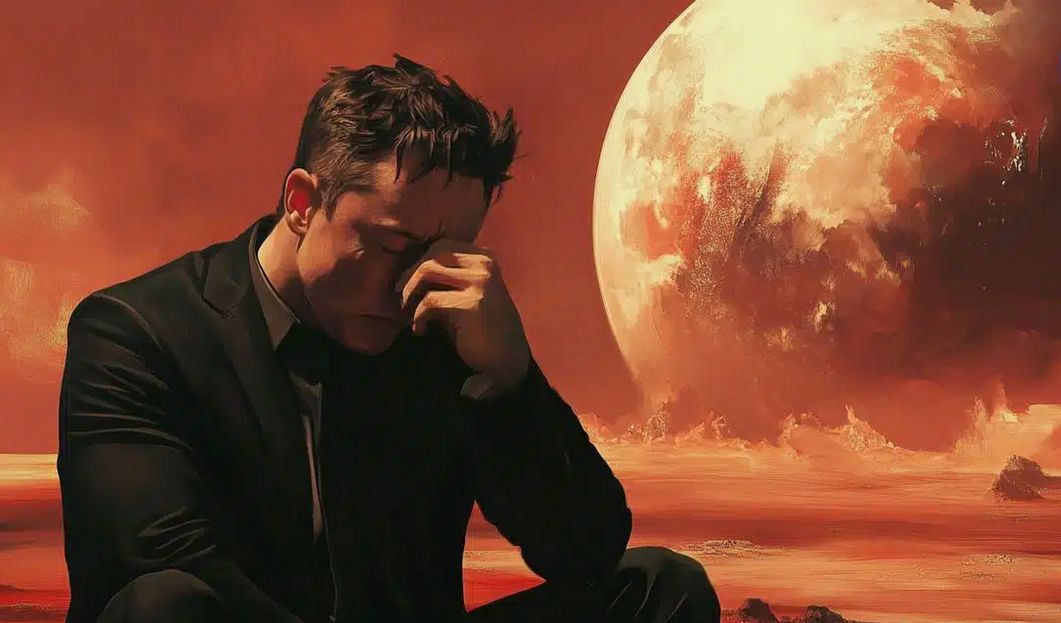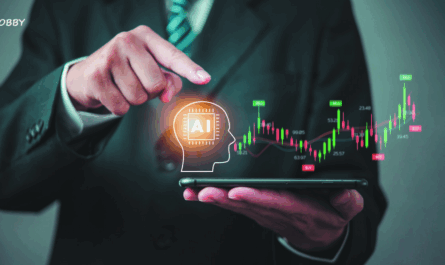Elon Musk’s social media platform X (formerly Twitter) is under intense scrutiny by the European Union. Regulators are investigating whether the platform has violated the Digital Services Act (DSA), a law designed to hold large online platforms accountable for illegal or harmful content.
Now, the EU may take a bold step: it could consider profits from all of Musk’s companies—including Tesla, SpaceX, Neuralink, Starlink, and xAI—when calculating potential fines. This could make the penalties far more substantial than previously expected.
Why X Is Being Investigated
The investigation stems from multiple allegations:
-
X has failed to adequately address hate speech and misinformation.
-
Certain user accounts appear to have been shadowbanned, limiting their visibility without explanation.
-
X has issued misleading verified badges to users, creating confusion about authenticity.
Because X is classified as a Very Large Online Platform (VLOP) under the DSA, it must meet strict rules. These include quickly removing illegal content, being transparent about algorithms, and giving users clear reporting options.
X is the first platform of its size to face formal scrutiny under the DSA, making this a potentially precedent-setting case.
Elon Musk Personally Could Be Held Responsible
A key question in the case is whether Elon Musk himself should be considered the provider of X. Under the DSA, fines apply not only to companies but also to individuals if they are deemed responsible for a platform’s operations.
If Musk is classified as the provider, the European Commission may include profits from his other businesses when calculating fines. This means Tesla, SpaceX, Neuralink, Starlink, and xAI could all factor into the final penalty.
Thomas Reginer, a spokesperson for the Commission, said the law applies “whether the entity controlling the platform is a company or an individual.”
Potentially Massive Fines
The Digital Services Act allows fines of up to 6% of a company’s global revenue for serious violations. If Musk’s combined business earnings are counted, the penalties could reach billions of euros, far higher than a fine based solely on X’s earnings.
This approach would mark a historic move by European regulators, signaling that wealthy individuals cannot shield themselves behind corporate structures when running major digital platforms.
X’s Current Financial Struggles
X’s troubles extend beyond regulatory scrutiny. Since Musk purchased Twitter in 2022 for $44 billion, the platform’s value has dropped to around $9.4 billion.
Revenue has also fallen sharply. Reports indicate that X’s advertising income dropped 40% in the first half of 2023 compared with the previous year. Many major advertisers withdrew due to concerns over brand safety, the platform’s moderation policies, and Musk’s controversial statements.
With revenues down and regulatory fines looming, X faces significant financial pressure.
Margrethe Vestager Leads the Investigation
The investigation is being overseen by Margrethe Vestager, the European Commission’s Executive Vice President. Vestager is known for her tough stance on tech giants, having previously led major cases against Apple, Google, Meta, and Amazon.
Her involvement underscores the seriousness of the X case. Vestager’s team is seen as sending a clear message: even the richest individuals must comply with European digital law.
Musk’s Response
Elon Musk has publicly vowed to fight any EU penalties.
He has criticized the Commission, claiming the investigation threatens free speech on X. Musk has also suggested that other platforms have secretly agreed to censor certain types of content in Europe — a claim the EU strongly denies.
Despite his defiance, the EU appears prepared to move forward with enforcement. Musk has stated he will appeal any fines in court, saying he wants “the people of Europe to know the truth.”
What the Digital Services Act Requires
The DSA, effective from 2022, aims to make the internet safer and more transparent.
Major platforms must:
-
Quickly remove illegal or harmful content.
-
Disclose how their algorithms decide what users see.
-
Protect minors and vulnerable groups online.
-
Provide tools for users to report or appeal content decisions.
Noncompliance can result in substantial fines or temporary operational restrictions in Europe.
X is the first platform facing formal DSA enforcement, making this a key test case for EU digital regulation.
Why Musk’s Case Matters Globally
If the EU uses Musk’s global business profits to calculate fines, it would set a global precedent.
For years, tech CEOs have avoided personal liability by controlling platforms through corporate structures. This case could signal that regulators now have the power to hold individual owners financially accountable for platform behavior.
It may influence future regulatory approaches worldwide, including in the United States, where lawmakers are increasingly exploring stricter rules for large social media companies.
Balancing Free Speech and Responsibility
The Musk-X case highlights a fundamental debate: how to balance free expression with online safety.
Musk argues that X promotes open dialogue and that any restrictions are a threat to democracy. European regulators, however, insist that freedom of speech must not come at the expense of user safety, hate speech prevention, and truthful information.
The DSA was designed to enforce this balance. The X investigation will test how far regulators can go in ensuring compliance without stifling free expression.
Conclusion
Elon Musk’s X faces one of the most important regulatory challenges of the decade.
If found in violation of the DSA, Musk could be liable for fines based on the combined profits of his global business empire, potentially reaching billions of euros.
For the EU, this is a chance to demonstrate that even the wealthiest tech leaders cannot ignore European laws. For Musk, it is a test of his commitment to free speech, platform governance, and the limits of his power in the face of global regulation.
The outcome will likely influence the future of digital regulation and the accountability of tech giants worldwide.




